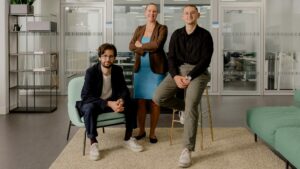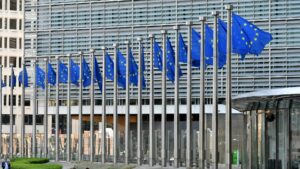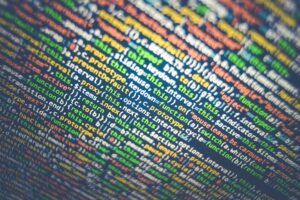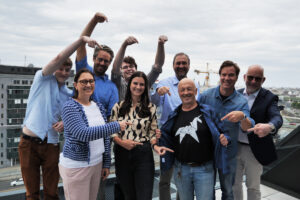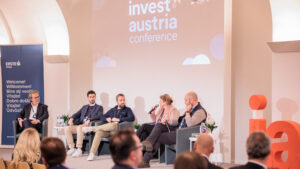How artificial intelligence could save food from the garbage
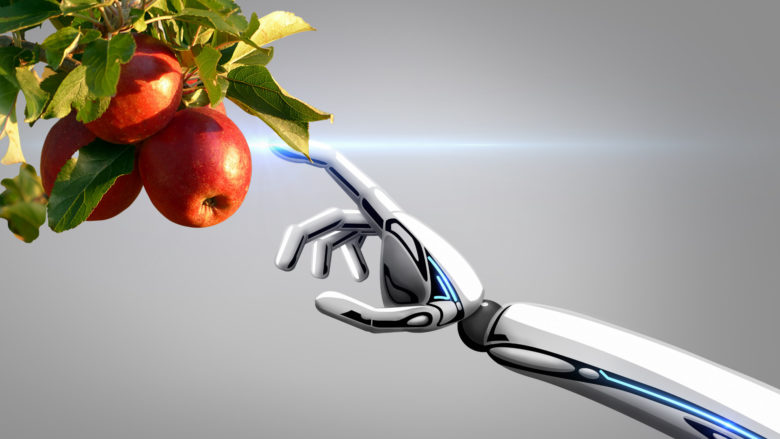
While in some parts of the world people go hungry, in others tons of food are wasted. In 2021, the WWF estimated that around 40% of the food produced worldwide would be wasted. In the EU alone, 88 million tonnes of still edible food is thrown away every year, which is around 20% of the total food produced for the EU. This corresponds to 173 kilograms per person per year.
Predict grocery deliveries with AI
There are already a number of initiatives to counteract food waste. However, most of these efforts only start when it is almost too late: they find customers when the food is already in the supermarket and about to spoil.
A research team consisting of researchers from Fraunhofer Austria Research, TU Wien, WU Wien, Invenium Data Insights, and IT-Power Services want to start earlier. In the next three years, under the project name “APPETITE”, they want to develop a forecast diagnostics that can be used to predict the demand for food in supermarkets. This should prevent large amounts of food from being in the wrong place at the wrong time. The aim is to reduce food waste by up to 10%. AI (artificial intelligence) helps in forecasting future food demand.
FoodObox: Bulgarian startup saves meals and battles food waste
Include weather and cell phone data
This data is based on the checkout and logistics data from the project partners SPAR, Metro, and Kastner. This is how the researchers can see what is sold in which branches. The researchers want to link this data with weather data and anonymized location data from mobile phones. From this, it can be concluded how many people go shopping, at what time and what effect large events nearby have. The combination of this very heterogeneous data is one of the greatest challenges.
If the retail chain recognizes the need in good time, it can relocate food to where it is likely to be bought and thus avoid it being leftover elsewhere. “We want to prevent waste in advance and not only save products when it is almost too late,” explains Alexandra Birkmaier, who is in charge of the project at Fraunhofer Austria.
Romanian startup bonapp.eco: App lets users save up to 80 percent on food
Forward information to food rescuers
If it is no longer possible to intervene in time because the branches have already been supplied for the day. However, the information can at least be used elsewhere. Organizations that save food can then be informed in advance and pass on the goods earlier.













